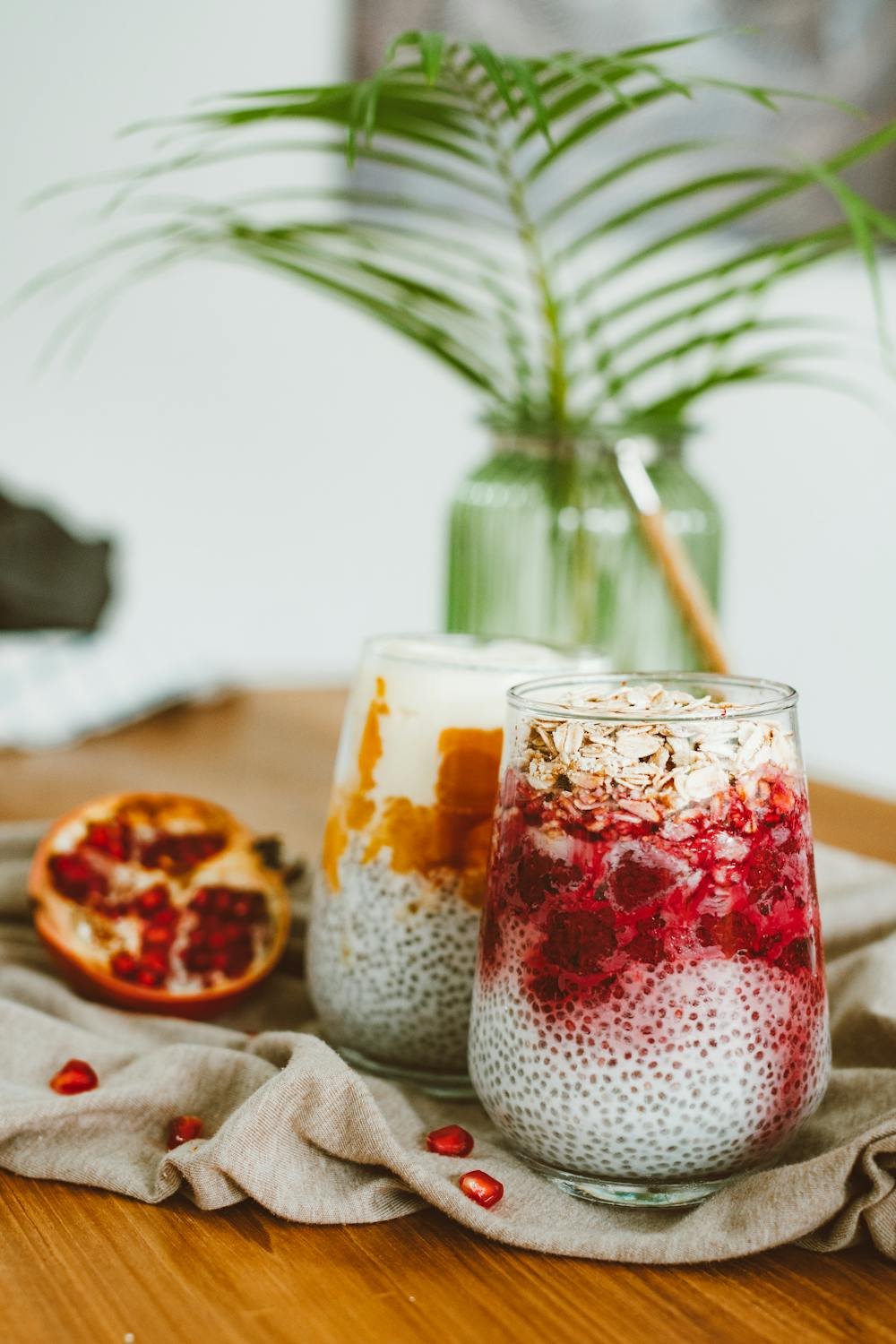
Matcha isn’t just trendy—it’s one of the most concentrated sources of antioxidants among green teas. Because the tea leaves are shade-grown and stone-ground into powder, matcha delivers higher levels of catechins—plant compounds with antioxidant properties—like EGCG, plus chlorophyll, caffeine, and L-theanine.
The Science:
Matcha has been found to support brain function, reduce inflammation, and protect against oxidative stress. EGCG, in particular, has been linked to anti-cancer, heart health, and neuroprotective benefits. Matcha also contains more rutin, a plant pigment that may help strengthen blood vessels, along with vitamin C—both of which add to its antioxidant potential.
Bottom Line:
This is one superfood that genuinely lives up to the buzz. Matcha is rich in compounds that may support heart, brain, and metabolic health—but the benefits come from consistent use, not just sipping it once at a trendy cafe. That said, it is best to choose high-quality, preferably Japanese-grown and organic matcha, as tea plants can absorb heavy metals like lead and cadmium from the soil, especially when the whole leaf is powdered.
How to Think About Superfoods
Let’s keep it real. Superfoods can support your health, but they’re not magic. Here’s a simple framework:
-
Add, Don’t Rely – Superfoods can be a great addition to your diet, but they should not replace the foundations of a healthy diet, like fruits, vegetables, whole grains, and lean protein.
-
Consistency Over Novelty – One turmeric latte won’t change your life. Regular intake, even in small amounts, is what makes a difference.
-
Prioritize Quality – Where and how a food is grown makes a difference. Look for reputable brands that use third-party testing—an independent check to make sure the product is safe, clean, and actually contains what it claims.
So, Are They Worth the Hype?
In short: mostly, yes—with context. Turmeric, chia seeds, and matcha each bring something real to the table. But they’re not shortcuts. They’re tools you can use within a bigger lifestyle puzzle that includes movement, stress management, sleep, and (of course) the basics of good nutrition.
So go ahead—sip your matcha, stir in chia, or sprinkle turmeric on your roasted veggies. Just know that wellness isn’t found in a single scoop.








